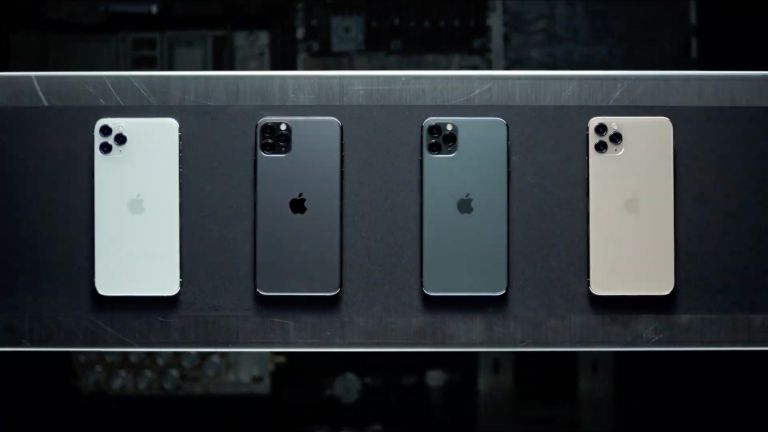Stranger in a Strange Land
I have arrived. Through vectors and pathways unknown to me, I have come to find myself in a makeshift prison of oddities on a world that unsuccessfully apes the ones I’ve known. The ground, made of hardened material I’m unfamiliar with, is unwieldy and unsuitable for effective high-speed travel; this will be the first thing we change upon the day of my people’s great liberation. The walls of my cell are lined with towering masses of assorted shapes and sizes. I’m able to scale some to improve my vantage, with a select few giving me a glimpse at the barren gray below. In some ways, my jail provides bastion.




